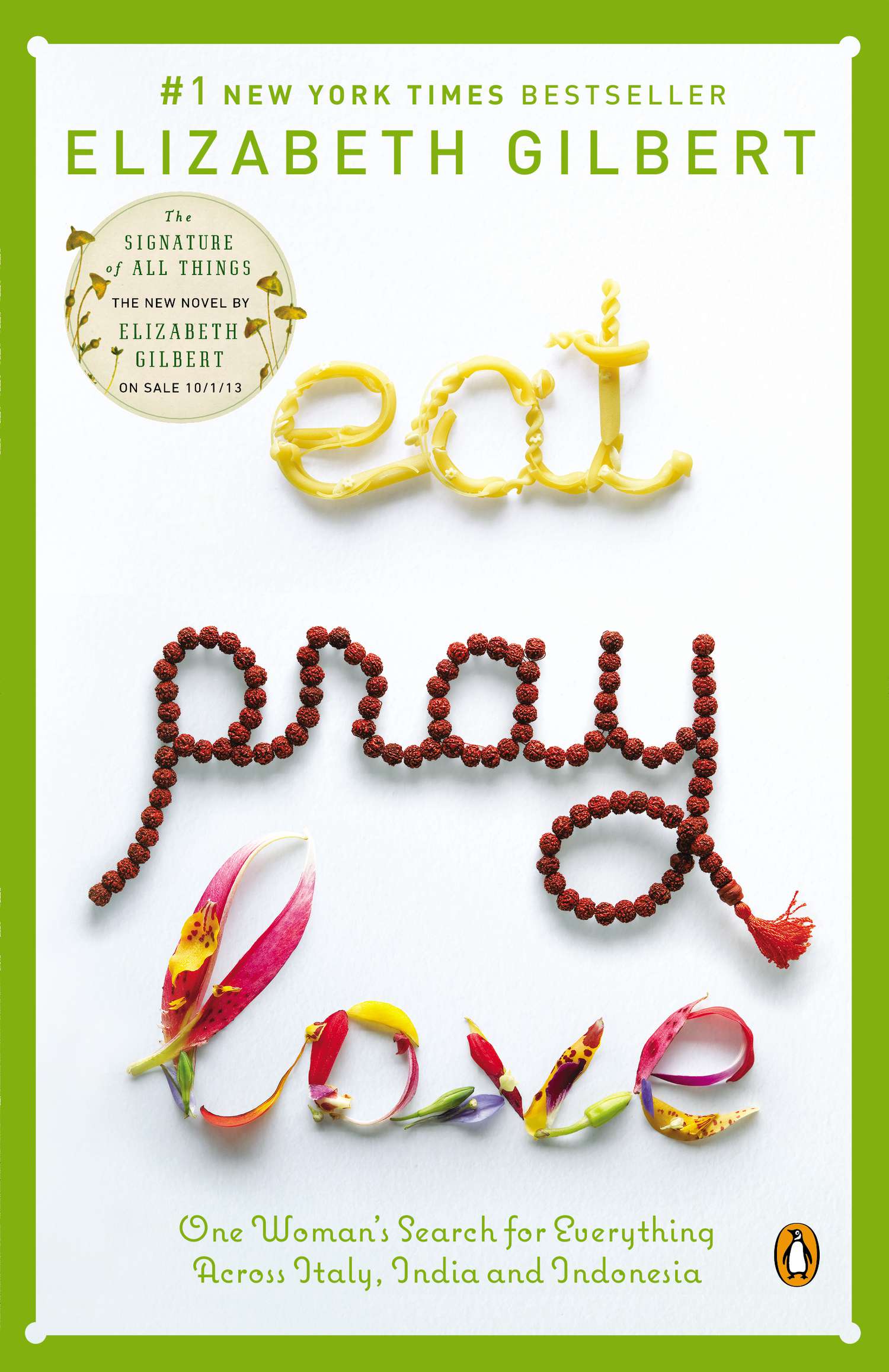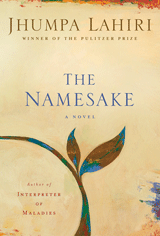Clayton Savage
Professor Martha Warren
English 2309
14 July 2013
Making
Connections: Tradition Meets Change
Getty. Diwali:
Barack Obama Celebrates Hindu Festival of Light. Digital image. N.p., 15
Oct. 2009. Web. 14 July 2013. <http://i.telegraph.co.uk/multimedia/archive/01502/obama-diwali_1502926c.jpg>.

This
image depicts President Obama lighting a candle for Diwali, the Hindu festival
of lights. Diwali is an important holiday in Hinduism and is celebrated over a
5-day period. This picture shows a blend of American tradition blending with
Hinduism and Indian traditions. The picture in the background, which could be
assumed to be a founding father, contrasts with the Hindu holy man in the
foreground. It represents the American acceptance of other religions,
nationalities, and beliefs.
In
“The Namesake,” by Jhumpa Lahiri, the
reader is exposed to the blending of American tradition with the characters
Indian upbringing. Although religion does not play a large role in the story,
Indian and Hindu tradition and how the characters reconcile the two with being
American citizens, is a major theme throughout the story. The picture above
reminds how other traditions are assimilated into American culture, much like
the Ganguli family’s experience throughout the story.
Gilbert, Elizabeth. Eat, Pray, Love. London: Bloomsbury, 2010. Print.
Eat, Pray, Love is a story about a woman who is looking to find her true self on a trip that spans from Italy, to India, and finally to Thailand. Along the way she meets different people that help her to discover what she is looking for and what she feels that she has lost. Each leg of the journey represents a different word in the title: Eat in Italy, Pray in India, and Love in Thailand.
Gogol Ganguli spends most of his life trying to escape from his Indian heritage and wants to do everything within his power to appear "normal" and Americanized around his American peers, friends, and girlfriends. In the book, Eat, Pray, Love, the author wants to escape the life that she knows in America and learn to grow as a person in these other countries. She and Gogol both suffer from the same discomfort from their surroundings and will do whatever it takes to leave it all behind, even if it's only temporary.
I stare at my reflection in the mirror:
"Why am I doing this to myself?"
Losing my mind on a tiny error,
I nearly left the real me on the shelf.
No, no, no, no, no...
Don't lose who you are in the blur of the stars!
Seeing is deceiving, dreaming is believing,
It's okay not to be okay.
Sometimes it's hard to follow your heart.
Tears don't mean you're losing, everybody's bruising,
Just be true to who you are!
(who you are [x11])
Brushing my hair, do I look perfect?
I forgot what to do to fit the mold, yeah!
The more I try the less it's working, yeah
'Cause everything inside me screams
No, no, no, no, no...
Don't lose who you are in the blur of the stars!
Seeing is deceiving, dreaming is believing,
It's okay not to be okay.
Sometimes it's hard to follow your heart.
But tears don't mean you're losing, everybody's bruising,
There's nothing wrong with who you are!
Yes, no's, egos, fake shows, like whoa!
Just go and leave me alone!
Real talk, real life, good love, goodnight,
With a smile that's my own!
That's my own, no...
No, no, no, no, no...
Don't lose who you are in the blur of the stars!
Seeing is deceiving, dreaming is believing,
It's okay not to be okay...
Sometimes it's hard to follow your heart.
Tears don't mean you're losing, everybody's bruising,
Just be true to who you are!
Yeah yeah yeah
This song represents knowing
yourself and your true identity and not letting anyone keep you from achieving
your true potential. The lyrics are very emotionally charged and seem to have
real meaning behind them when the performer, Jessie J., sings them. The lyrics
seem to say that with all of the negativity that people face on a daily basis,
it’s important for an individual to be who they are and not let anyone dictate what
direction their life might take.
Gogol
Ganguli is someone who forged his own path in life to escape from the identity he’d
grown up knowing. Changing his name and identity before college set in motion
his evolution of a different person that his family no longer knew. When he
reunites with Moushumi later in life and reconnects to the traditions he knew
as a child, he is able to accept his heritage and traditions better than
before. This was evident when he and Moushumi had a traditional Indian wedding
for their family and friends. Eventually, it was his acceptance of his Indian
identity and Moushumi’s denial of hers, that led to their separation and
divorce.
The Joy Luck Club. Dir. Wayne Wang. Prod. Wayne Wang, Amy Tan, and Ronald Bass. By Amy Tan and Ronald Bass. Perf. Chin Tsai, Chinh Kiè̂u, Lisa Lu, and France Nuyen. Buena Vista Pictures Distribution, Inc., 1993. DVD.
The Joy Luck Club, is a movie about 4 Chinese-American women and their daughters based on the book by Amy Tan. The movie examines how each mother has come to America and the struggles they've faced along the way, while their daughters have to reconcile their American lives along with their Chinese heritage. In the end, the daughters see how their experiences in life have been shaped by the hardships their mothers faced in trying to bring the "American Dream" to them.
This movie mirrors lots of the same themes seen in, The Namesake. Just like the Ganguli's the women in the movie must deal with traditions and Chinese cultural norms and find a way to reconcile it with their American lives. Similarly, the movie emphasizes the large non-relative "family" gatherings where the Chinese ex-patriates indulge in traditional food while talking about the past. In the end, we see the daughters accept their Chinese heritage and appreciate what their mothers have done to help them get where they are. Gogol behaves similarly toward the end of the novel. He's divorced and alone but is more accepting of his heritage, name, and most importantly, his family.
The Namesake, by Jhumpa Lahiri,
is a story about the Ganguli family and their different experiences
transitioning from Indian to American culture. The story begins with Ashima
Ganguli pregnant in Boston. She misses her family, the food, traditions, and
culture of the life that she left behind. They have two children that are
immersed in American culture while being forced to partake in Indian
celebrations with other transplanted Indian-Americans. As they all continue to
grow in the story, the reader sees the parents grow more accustomed to American
tradition while the children become more accepting of their Indian heritage.
The Namesake shows the constant tug of war between tradition and society in the
Ganguli family. Gogol Ganguli becomes Nikhil Ganguli before college and
undergoes a transformation into a “typical American.” Because of his difficulty
accepting his family and heritage, it plays out in his relationships. The
themes of family and tradition play as much a role in the story as the
characters do.
Works
Cited
Getty. Diwali:
Barack Obama Celebrates Hindu Festival of Light. Digital image. N.p., 15
Oct. 2009. Web. 14 July 2013.
<http://i.telegraph.co.uk/multimedia/archive/01502/obama-diwali_1502926c.jpg>.
Gilbert, Elizabeth. Eat, Pray, Love. London:
Bloomsbury, 2010. Print.
Jessie J. "Who You Are." Who You Are.
Island Records, 2011. MP3.
The Joy
Luck Club. Dir. Wayne Wang. Prod. Wayne Wang, Amy Tan, and Ronald Bass. By
Amy Tan and Ronald Bass. Perf. Chin Tsai, Chinh Kiè̂u, Lisa Lu, and France
Nuyen. Buena Vista Pictures Distribution, Inc., 1993. DVD.
Lahiri, Jhumpa. The Namesake. Boston: Houghton
Mifflin, 2003. Print.
The Namesake. Digital image. N.p., 22 June 2006. Web. 14
July 2013.
<http://upload.wikimedia.org/wikipedia/en/4/4b/The_Namesake.gif>.

